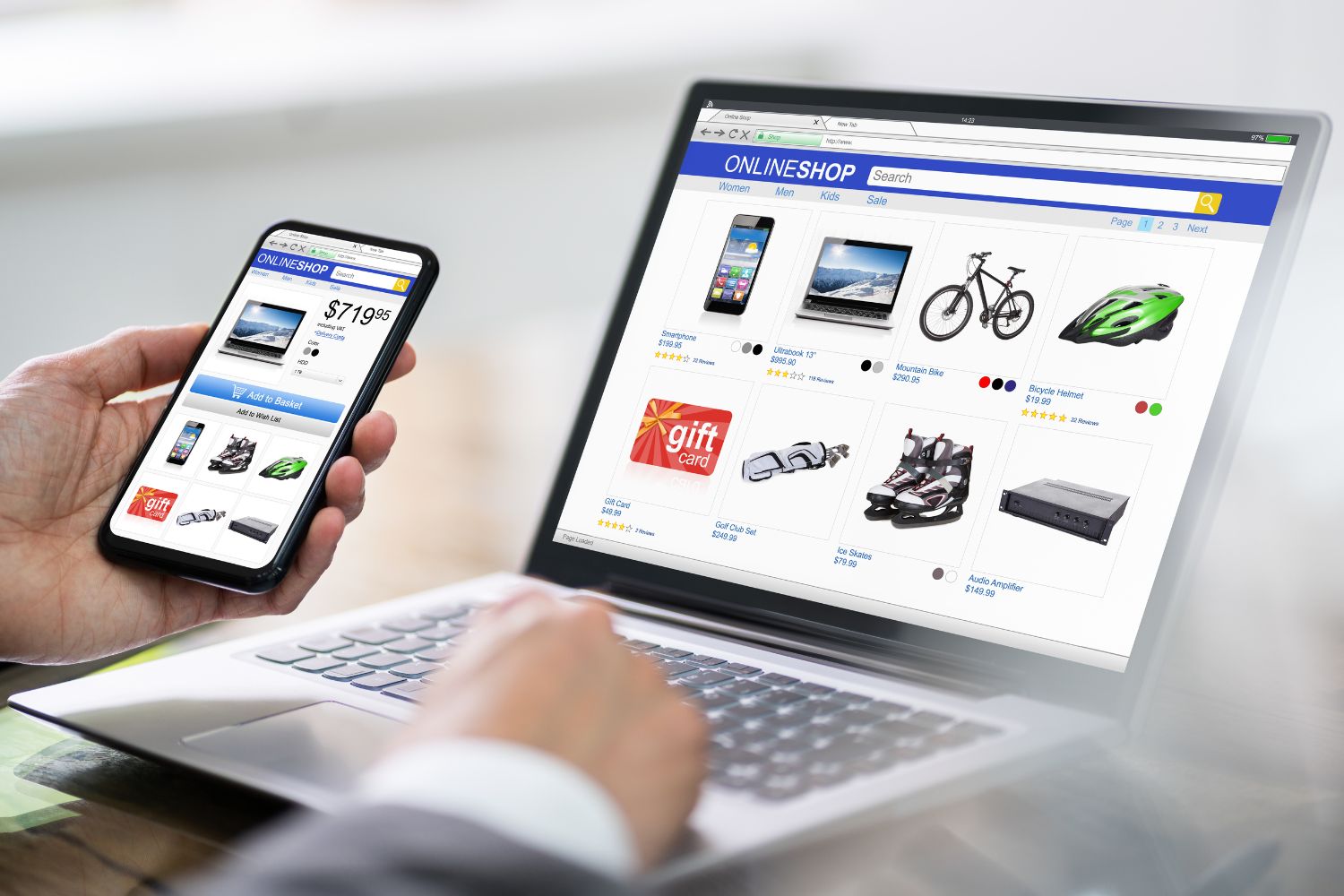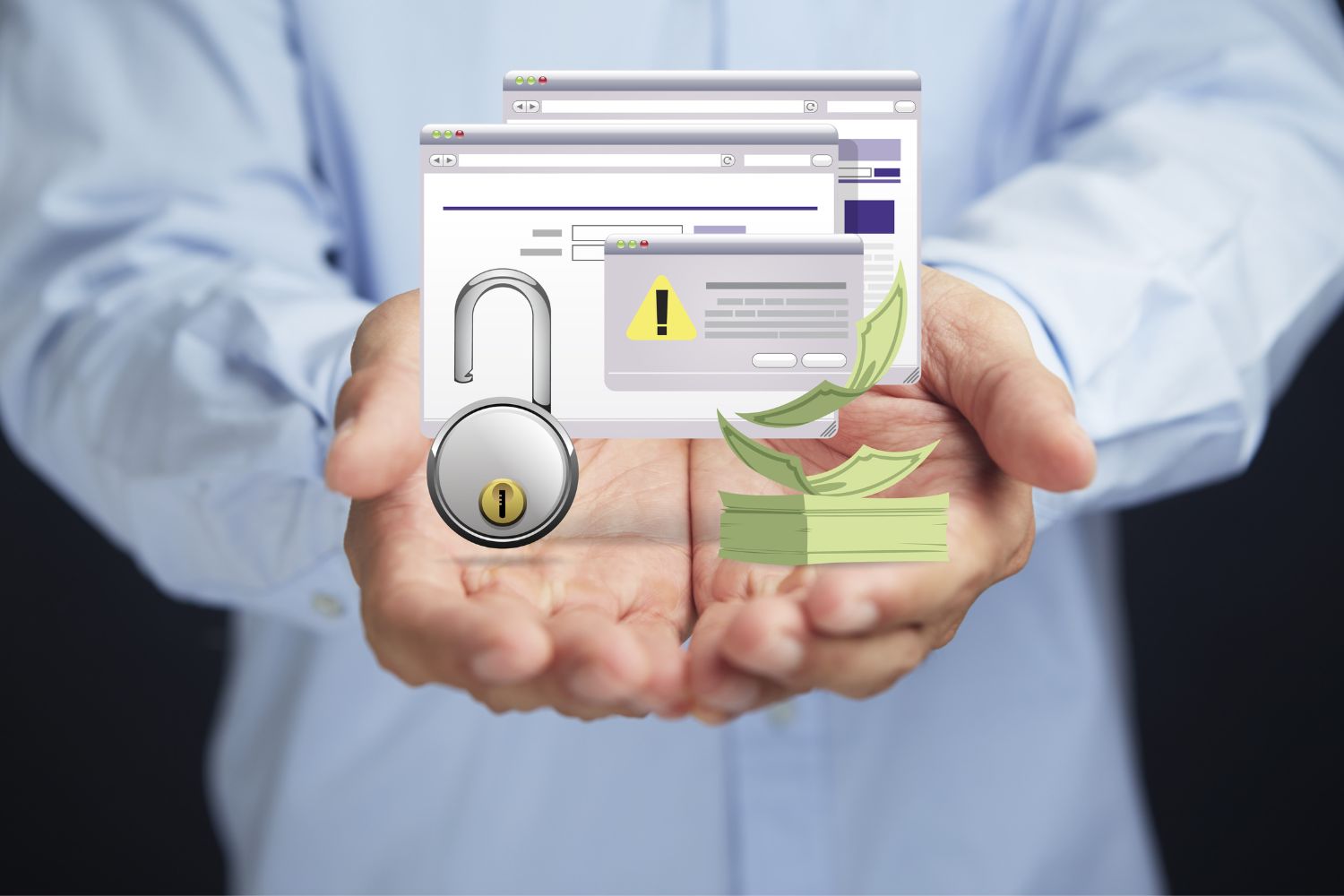Is this timing suitable for starting an e-commerce project?
This blog article discusses the importance of timing when starting an e-commerce enterprise to maximize success and achieve company goals in the ever-changing internet commerce landscape.
Is this timing suitable for starting an e-commerce project?
Starting an e-commerce enterprise is a thrilling adventure, but timing is critical to its success. Understanding when to begin your enterprise can dramatically effect your chances of accomplishing your company goals in the ever-changing world of internet commerce. In this blog article, we’ll look at the aspects to consider when considering if the time is right to launch an e-commerce enterprise.
1. Market Research
Thorough market research is required before beginning any e-commerce enterprise. You must evaluate your target market’s existing situation, including its size, growth potential, and competition. To get insights into customer behavior and preferences, consider conducting surveys, studying industry reports, and tracking trends. If your research reveals that there is a rising demand for your product or specialty, now could be a good moment to launch your e-commerce enterprise.
2. Technological Infrastructure
E-commerce is strongly dependent on technology and infrastructure. Make sure you have access to trustworthy e-commerce platforms, payment gateways, and delivery solutions. Examine your website’s or online store’s preparedness, making sure it is user-friendly and mobile-responsive. You’re on the right road if you’re certain that your technology foundation is strong enough to meet your company demands.
3. Financial Preparedness
Launching an e-commerce enterprise need funds for a variety of charges such as website construction, inventory acquisition, marketing, and operational fees. Create a detailed company strategy and budget to assess your financial preparedness. Make sure you have enough finance or financing choices to keep your company going until it becomes successful. Adequate financial planning is critical in assessing whether the time is appropriate.
4. Seasonal Considerations
Some e-commerce enterprises are particularly seasonal, with demand peaking at certain times of year (for example, holidays or special events). If your project falls into this category, time is of the essence. Choosing the correct season to launch your e-commerce enterprise may have a huge influence on your income and success. Plan your debut to coincide with moments of high demand for your products or services.
5. Competitive Landscape
Analyze your rivals to learn about their advantages and disadvantages. If your niche is crowded with existing players, it may be difficult to get a footing. However, if you uncover market gaps or a unique selling proposal, you may achieve success. If you can properly separate yourself from the competition, timing might be advantageous.
6. External Factors
Consider external issues such as economic circumstances, regulatory changes, and global events that may have an influence on your e-commerce enterprise. For example, the COVID-19 epidemic affected customer behavior and hastened the emergence of e-commerce. While it is impossible to forecast all external events, remaining aware and adaptive will help you make educated judgments on project timeline.
7. Marketing and Promotion
The success of every e-commerce operation is dependent on effective marketing and promotion. Develop a comprehensive marketing strategy that incorporates social media, email marketing, content marketing, and paid advertising. Ascertain that you have the necessary resources and experience to carry out your marketing strategy successfully. If you can build excitement and interest in your product before it goes live, it’s a good indicator that the time is right.











